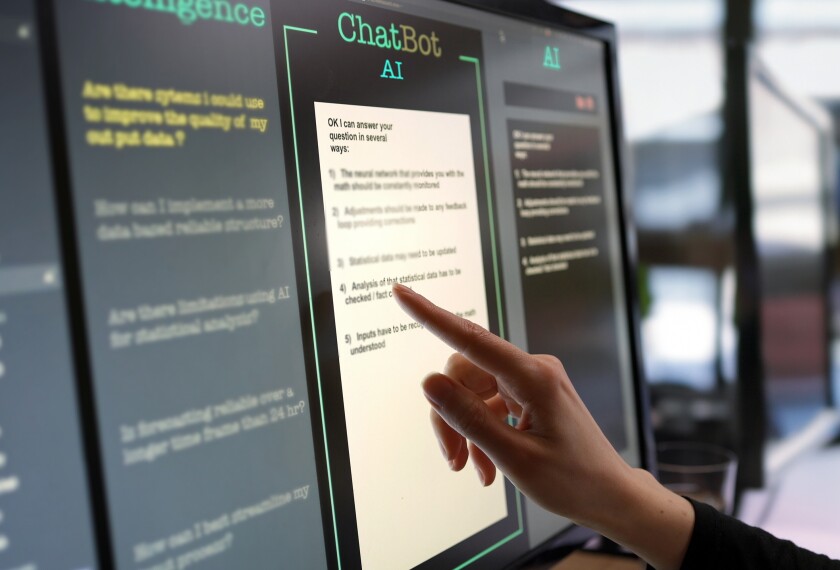I was explaining to my 6-year-old son last week who Steve Jobs was. I told him that Steve created Apple, and that Apple created the iPhone and iPad (both of which my son loves), and that he helped create Pixar, which in turn brought us “Toy Story” and “Cars” (which my son also loves). My boy, amazed, said, “Daddy, Steve Jobs is way cooler than you!”
Thanks a lot, Steve.
Struck by a pang of paternal jealousy, I then reflected on what Steve Jobs’ innovations have meant to me and my chosen field of education.
Apple technology was part of my entire educational experience. I learned how to program in elementary school on the Apple II+ in our school library, creating my first games with its thrilling (low-resolution!) color graphics. When I got to college, Macs were the mainstay of our computer labs, where for the first time a term paper on the screen looked exactly like it was going to in print. Later, as a middle school teacher, I created my first instructional software using Hypercard stacks. Each time, the Apple machine provided the easiest, most enjoyable way to get the real work done.
Apple never seemed to treat K-12 and higher education as charitable ventures; it treated them as real markets deserving of business focus. As such, Apple did much more than most others to figure out how educators could use technology well. Apple embraced the notion that extreme usability, intuitive design, easy maintenance, and support for creative work mattered as much in the education world as it did in the design world. Much interesting work on new learning applications and authoring environments occurred at Apple. It is probably no accident that many of the leading educational technology innovators of the last 20 years have been alumni of the company.
Read more Commentaries about Steve Jobs’ influence on education:
• “Paying Forward the Legacy of Steve Jobs.”
• “Steve Jobs’ Vision for Teachers.”
Steve Jobs’ focus on intuitive experience, general affordability, and a big developer community led to the exponential growth of devices like the iPhone and the iPad that my young son can pick up and use with as much facility as an adult, and a huge variety of learning applications that both he and I can enjoy—to learn a new programming language, I recently turned to iTunes University, where I downloaded lectures from Stanford University.
The accessibility of educational opportunities such as these has led to the iPad being talked about as the affordable, universal technology for students and teachers that could replace the gradebook, textbook, and laptop—one that could provide a gateway to a rich world of learning experiences for every student.
As educators and parents today, we are thinking more expansively about what we want for our young people. As we reach, with renewed enthusiasm, beyond developing academic skills to developing the abilities to explore, express, and create abilities that Steve Jobs modeled and valued very much, it is no surprise that the technologies he brought to market will be at the center of that work for years to come. I know that both my son and I, and so many others, will have great fun with them, often as learners and sometimes as teachers.
Thank you, Steve. We will miss you.



